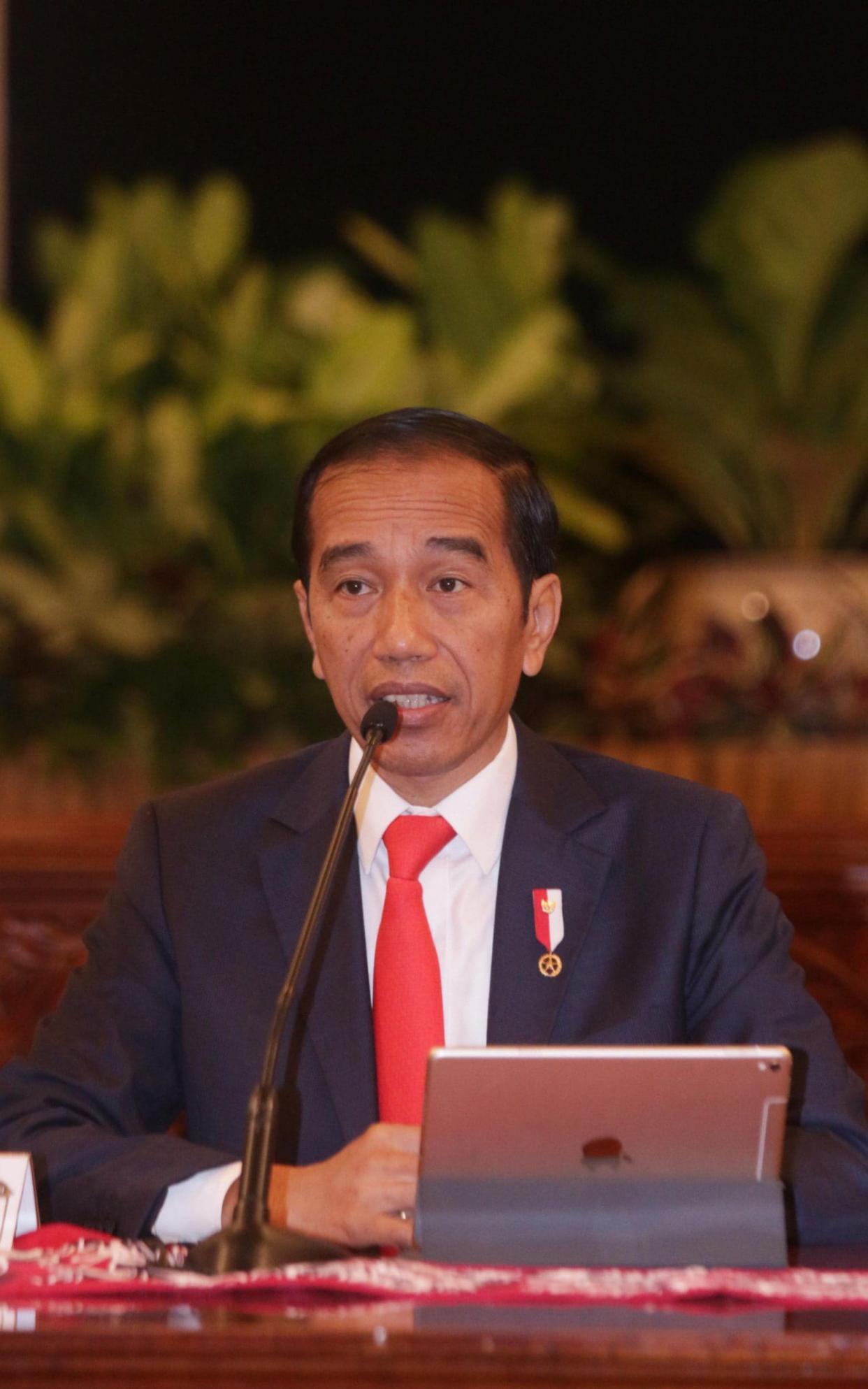Indonesian presidents halts law banning extra-marital sex after public uproar

Indonesia’s president has put the brakes on a draconian penal code that would impose prison sentences or steep fines for sex outside of marriage after an outcry from the public and civil rights groups.
Over the past 24 hours, hundreds of thousands of people signed a petition urging President Joko Widodo to stop next week’s vote on the draft law, which enforces penalties for insulting the president’s dignity, having an abortion outside of medical emergencies or for giving unauthorised advice on contraception.
The sweeping legal changes, designed to replace a Dutch colonial-era set of laws, would also apply to foreigners, including the strict provisions that unmarried couples living together could be sentenced to six months in prison or face a maximum fine of £570.
The reforms could have struck a blow to the tourism industry in the popular holiday island of Bali. On Friday, the Australian government issued updated travel advice to warn citizens they could be charged for having sex, and other foreign embassies were expected to follow suit.
A few hours later, President Widodo announced that he had asked parliament for a delay, admitting that he had “concluded that there are still materials that need further examination.”
He added: “I have instructed the Minister of Law and Human as the representative of the government to convey this position to the DPR [the Parliament], that the passing of the penal code bill be postponed.”
The decision is a victory for civil rights groups who had called the planned legislation was an assault on basic freedoms, amid fears that the government is caving into pressures from conservative Islamic groups.
“Indonesia’s draft criminal code is disastrous not only for women and religious and gender minorities, but for all Indonesians,” warned Andreas Harsono, senior Indonesia researcher at Human Rights Watch.

